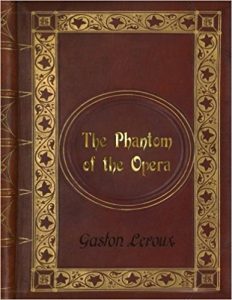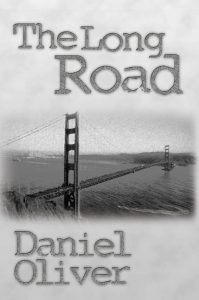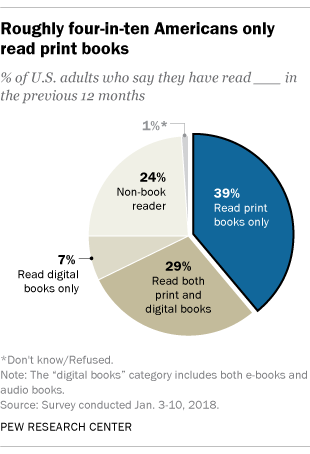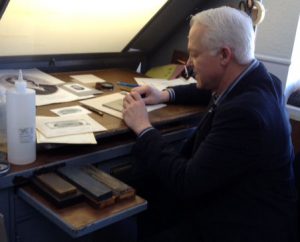Read Any Good Musicals Lately?
 There are so many beautifully written and compelling pieces of fiction in the world, I will never read them all. So I try to focus. One way I do that is to think, “What’s my tribe?” This is also helpful in choosing which Netflix or Prime series to binge on, hence, The Marvelous Mrs. Maisel is at the top of my list. Why? Because it’s about mid-20thCentury New York, and creator Amy Sherman-Palladino has a thing for playing Broadway cast albums on the soundtrack. (If you don’t know the difference between a cast album and a soundtrack, let me Google that for you…)
There are so many beautifully written and compelling pieces of fiction in the world, I will never read them all. So I try to focus. One way I do that is to think, “What’s my tribe?” This is also helpful in choosing which Netflix or Prime series to binge on, hence, The Marvelous Mrs. Maisel is at the top of my list. Why? Because it’s about mid-20thCentury New York, and creator Amy Sherman-Palladino has a thing for playing Broadway cast albums on the soundtrack. (If you don’t know the difference between a cast album and a soundtrack, let me Google that for you…)
So, yes, one of my “tribes” is “The Tribe of the Show Queens.” Now, calm down, you don’t need to be a gay man to be a show queen (although it helps).
 I’ve now read all of his books, and, as a writer, I’ve learned a great deal from him about technique, especially point of view and his use of time. I Refuse, Pettersen’s most recent novel, captures the main characters’ lifetime in a compressed space.
I’ve now read all of his books, and, as a writer, I’ve learned a great deal from him about technique, especially point of view and his use of time. I Refuse, Pettersen’s most recent novel, captures the main characters’ lifetime in a compressed space.







